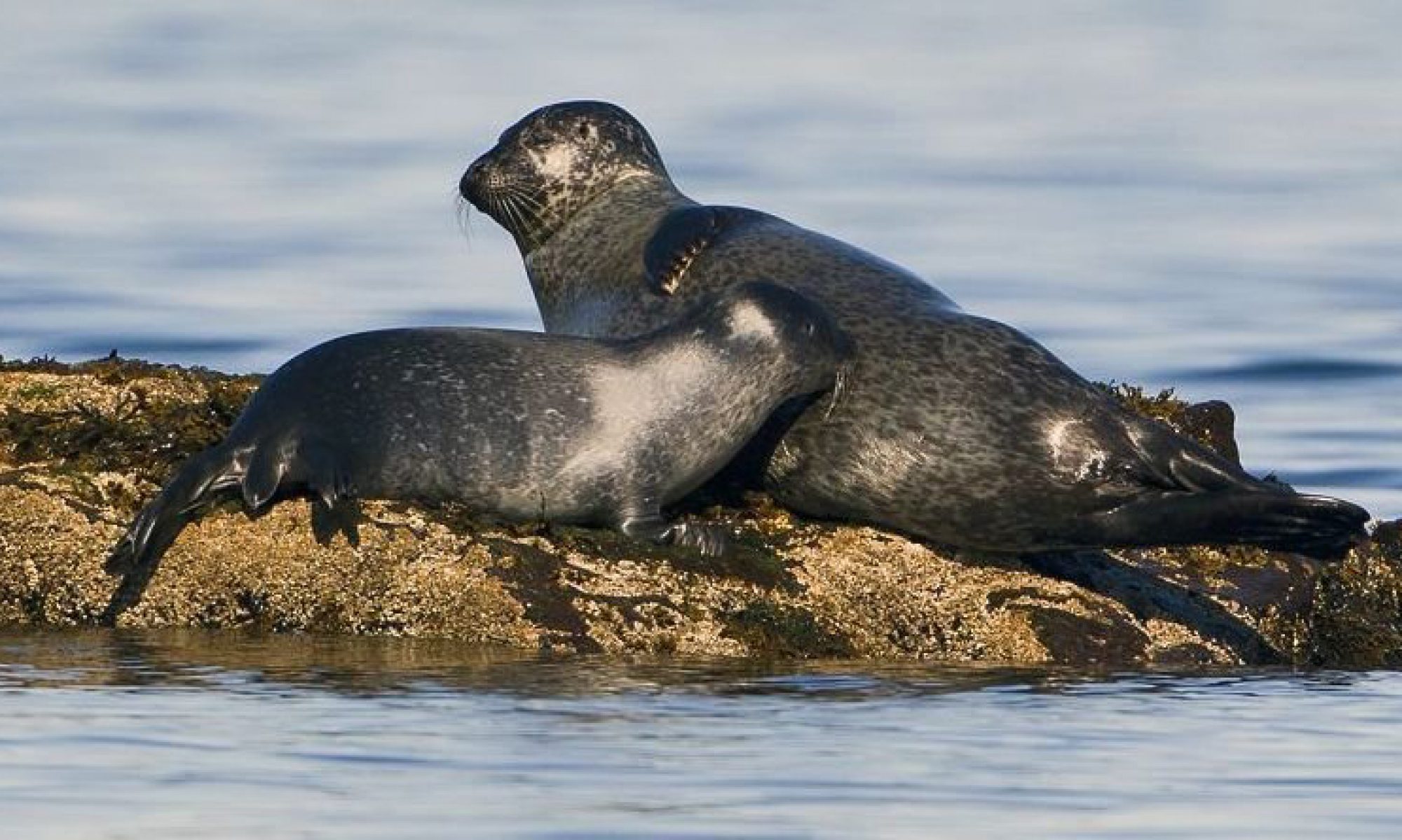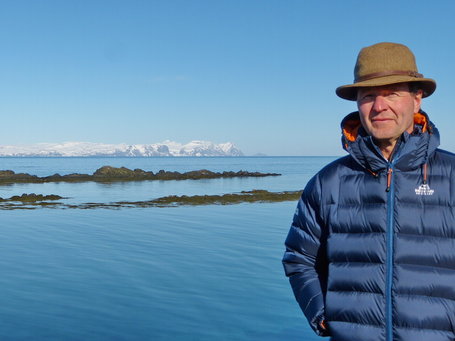Recently we at the Seal Center got a nice visit from Sweden . Olle Karlsson from Naturhistoriska riksmuséet and Kalle Lundström frá SLU came to meet with Sandra Granquist our head of biology research department.
The topic for their meetings was ways to increase cooperation between these three institutions as well as collaborating on future research projects. Being in contact with leading specialists in other countires is very important for the specialists at the Seal Center to get new ideas and share knowledge.
We thank Olle and Kalle for their visit.

The seal specialits went for lunch at the recently opened restaurant on the floor above the Seal Center.
From left Olle Karlsson, Sandra Granquist og Kalle Lundström.






